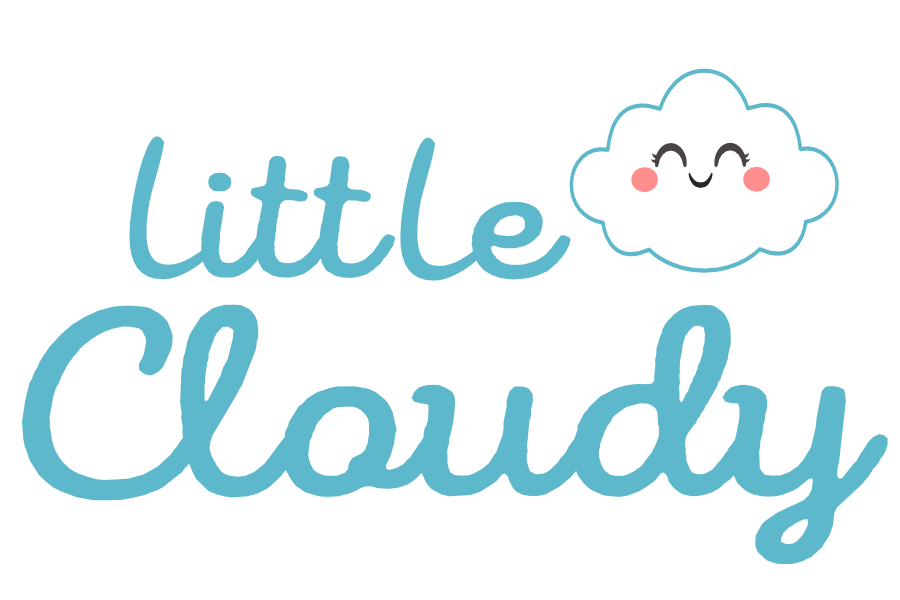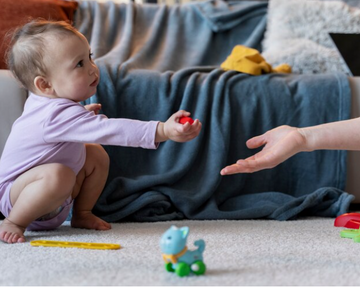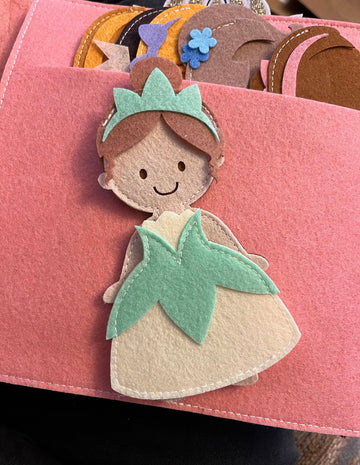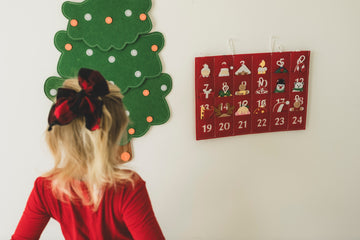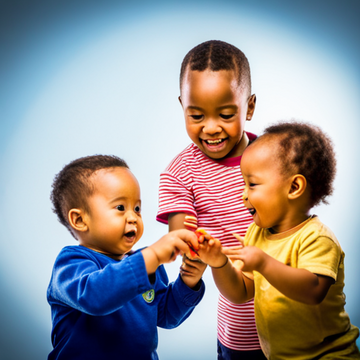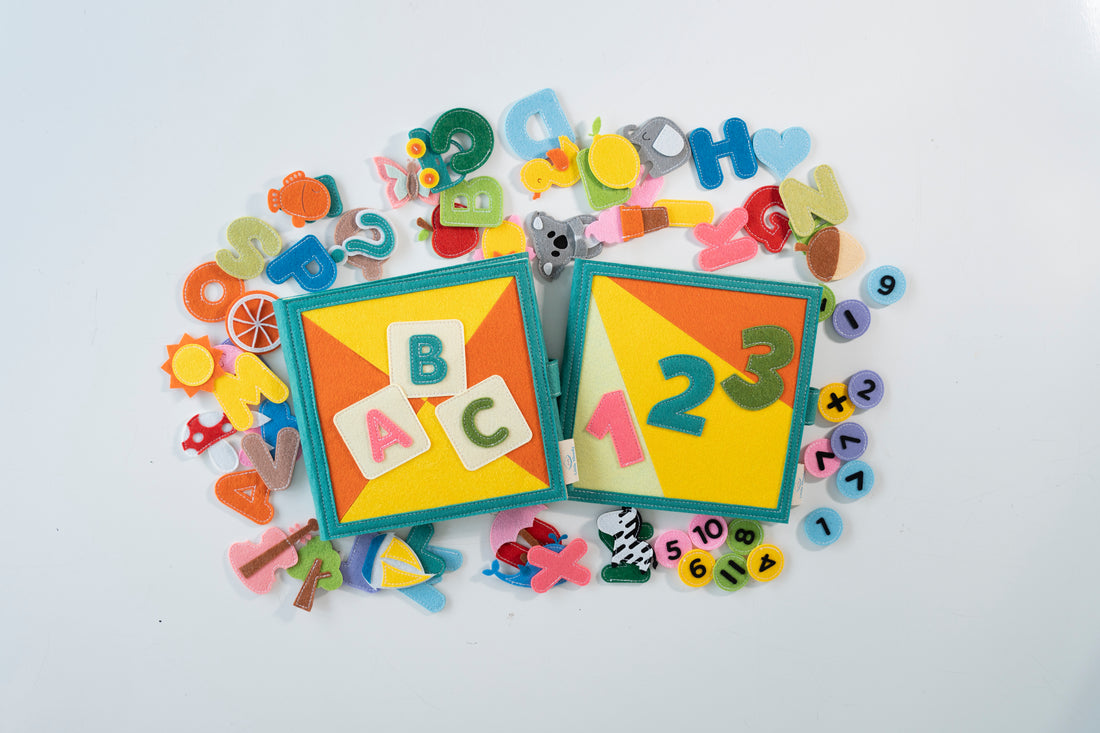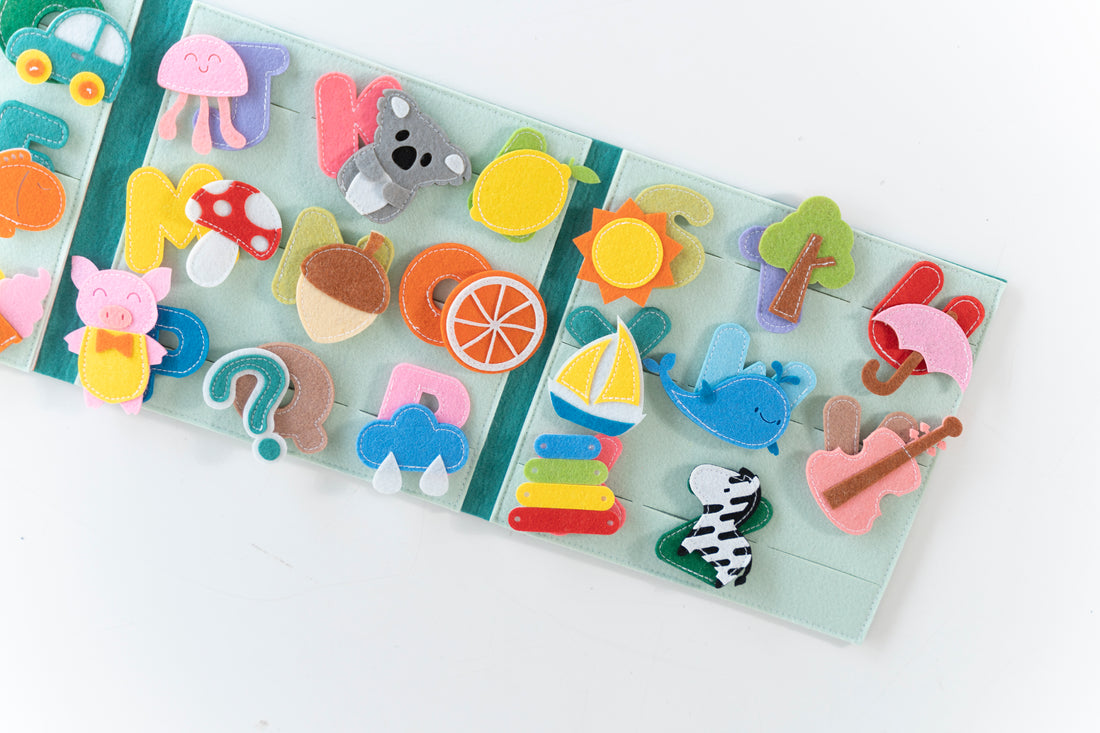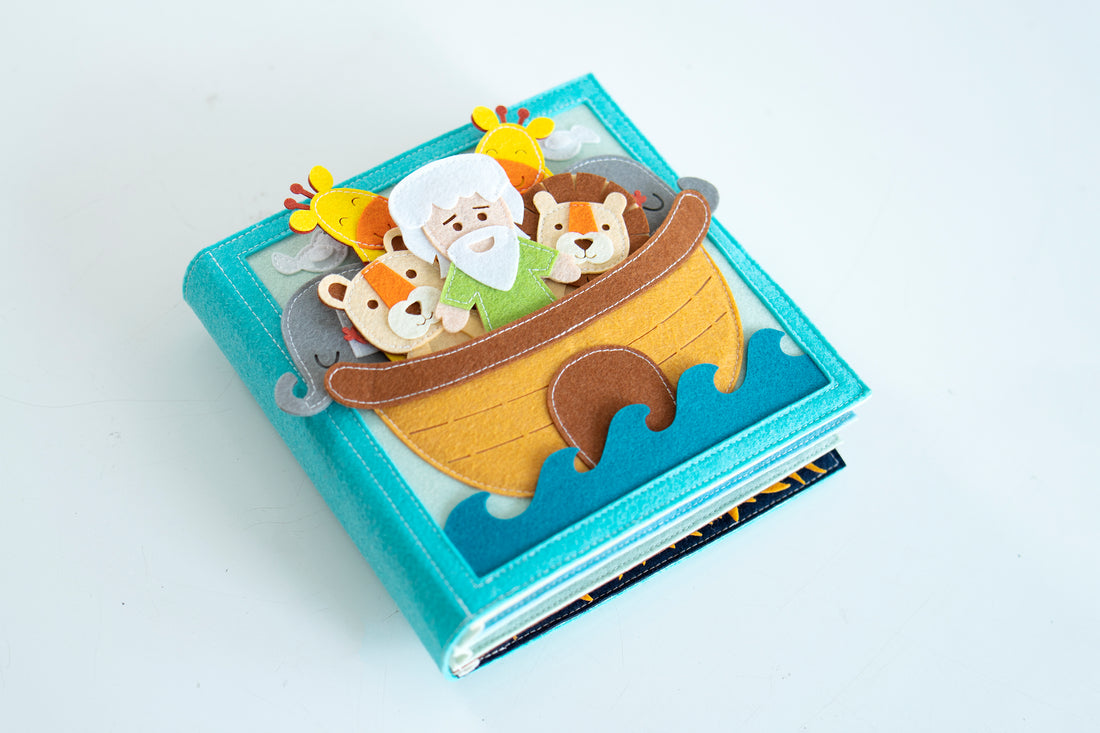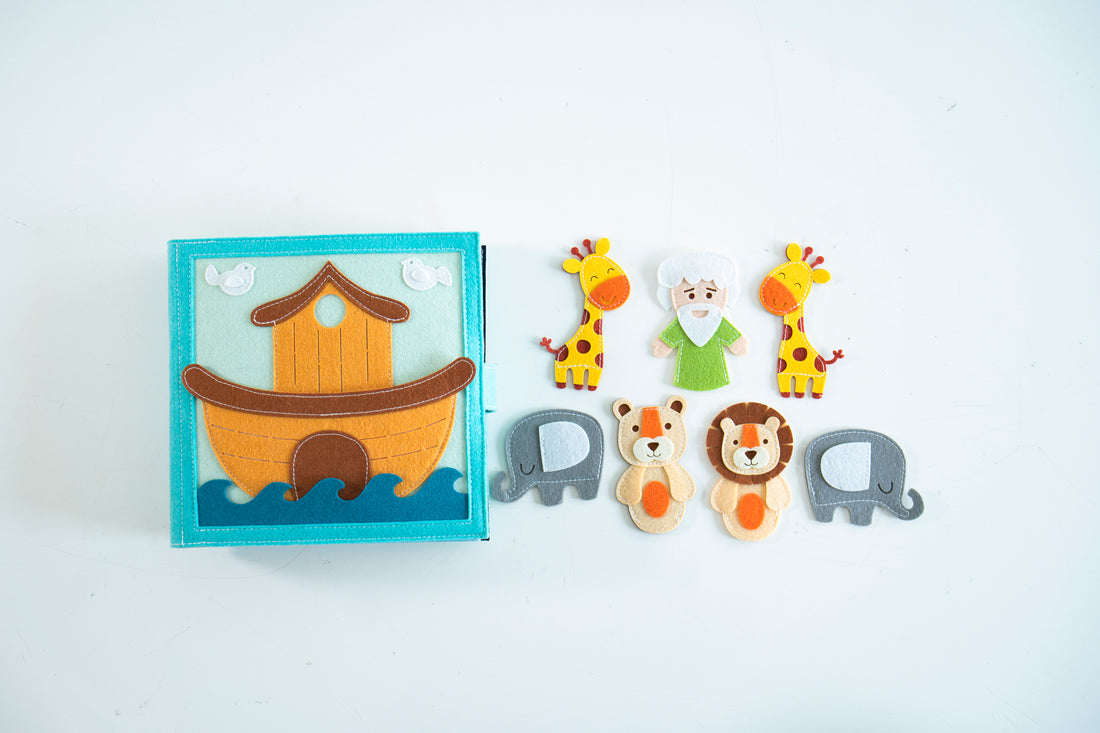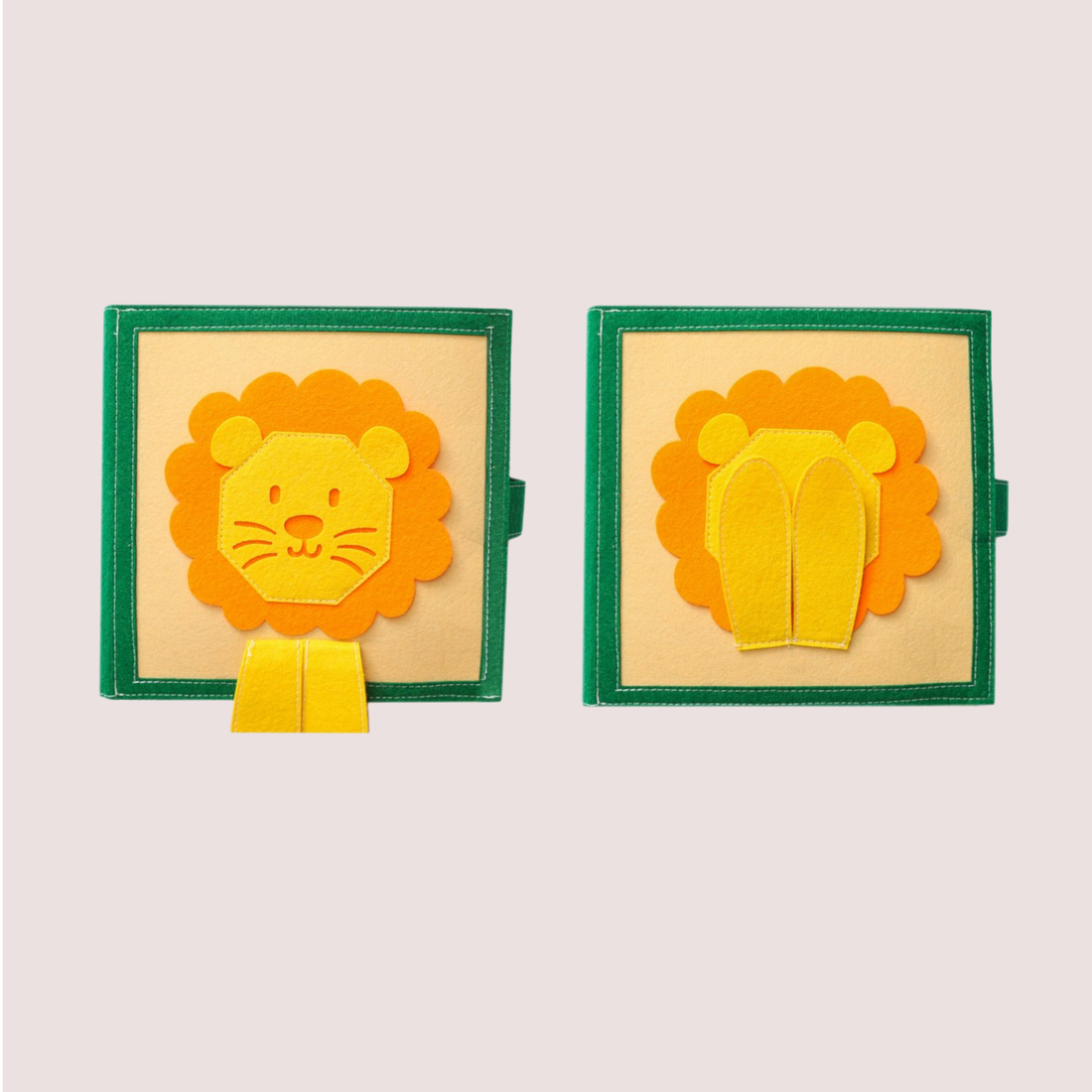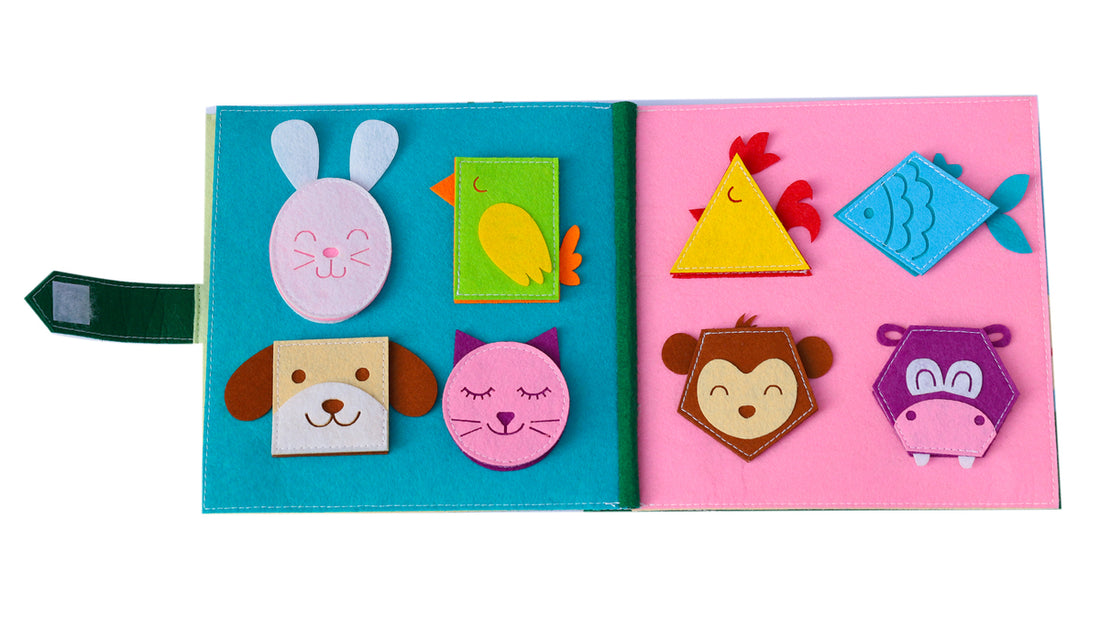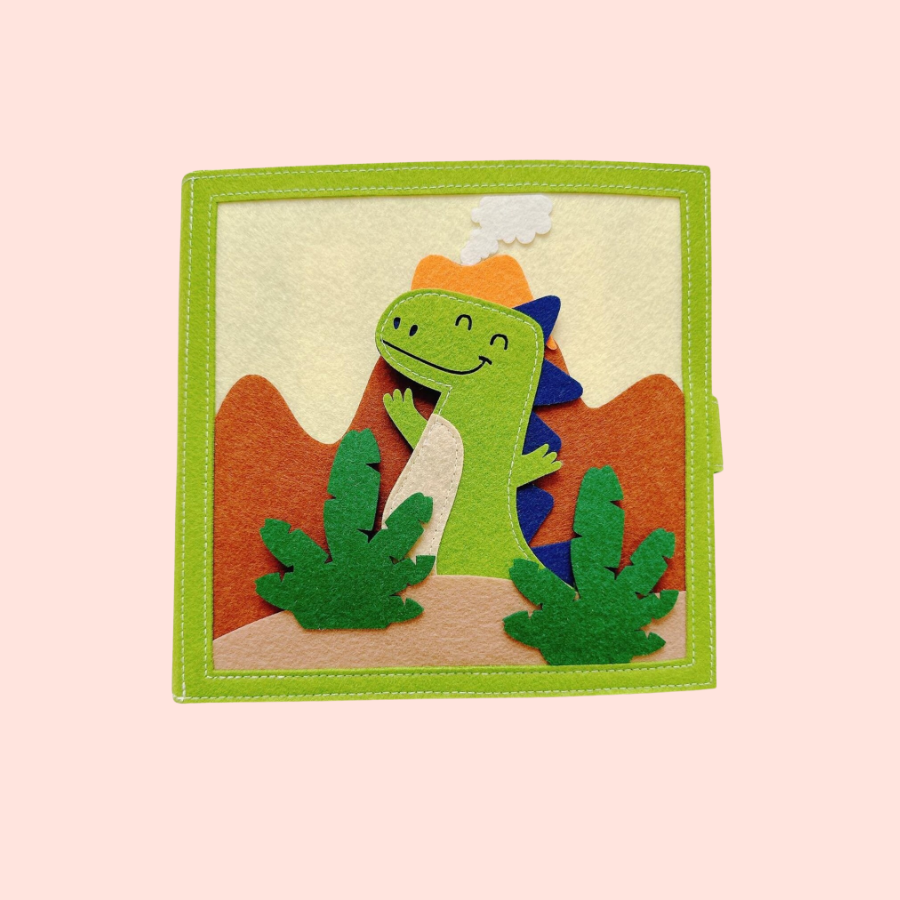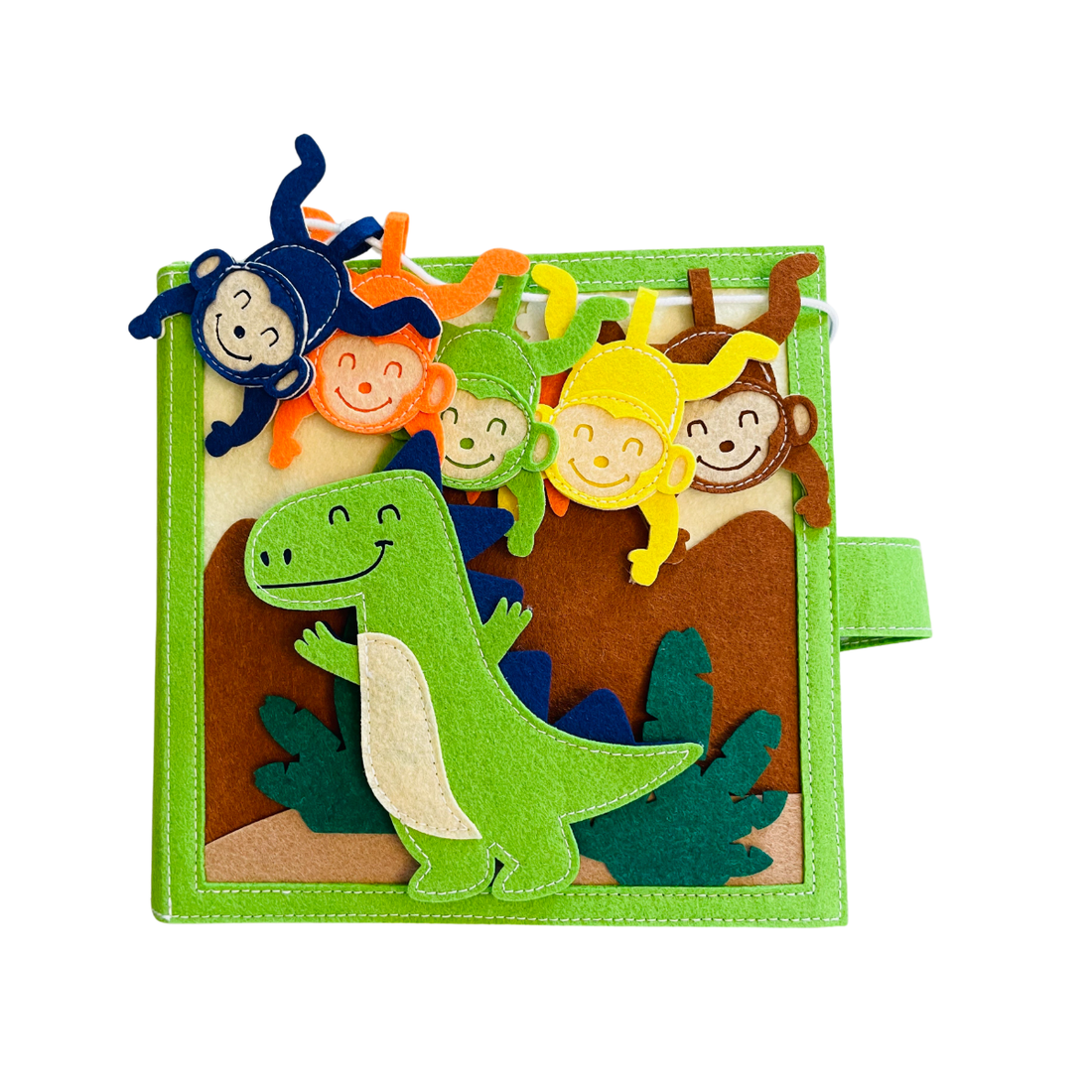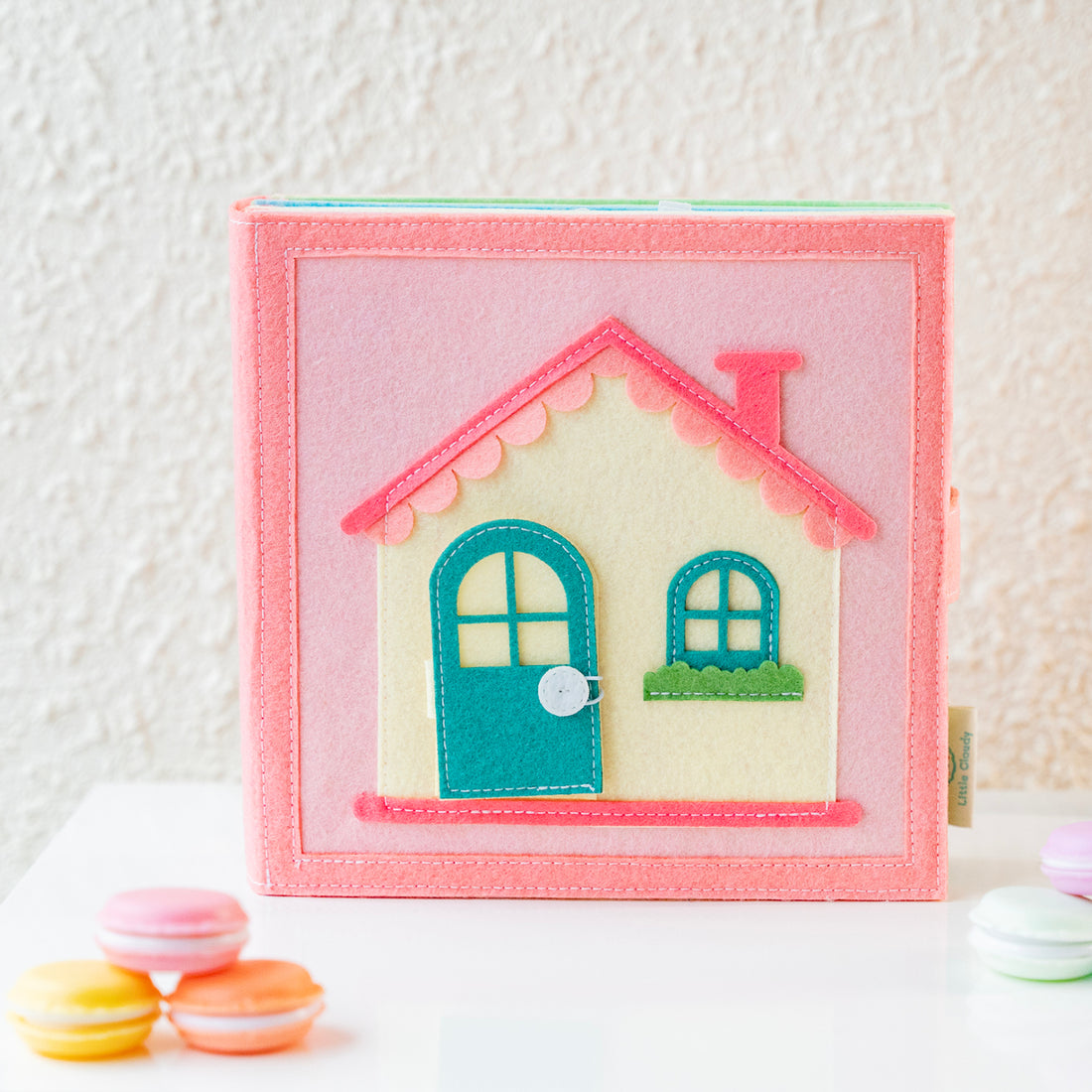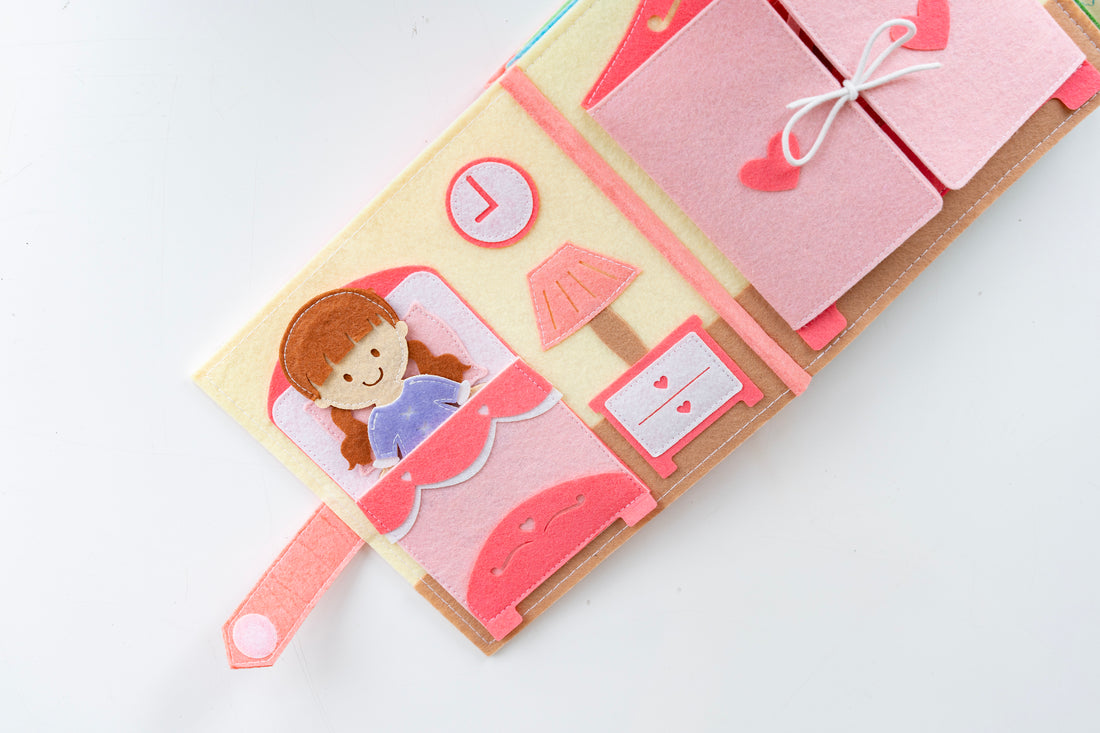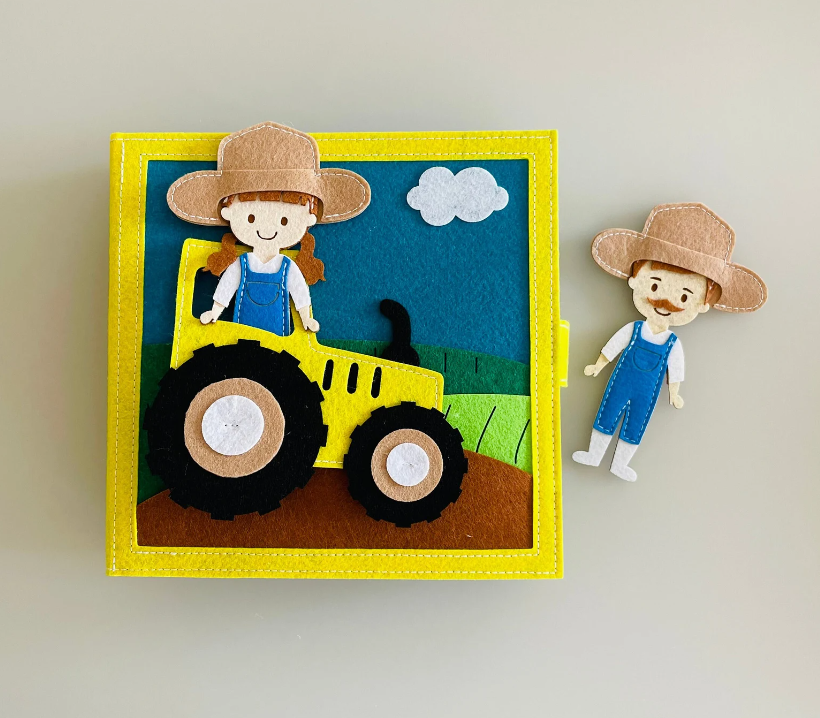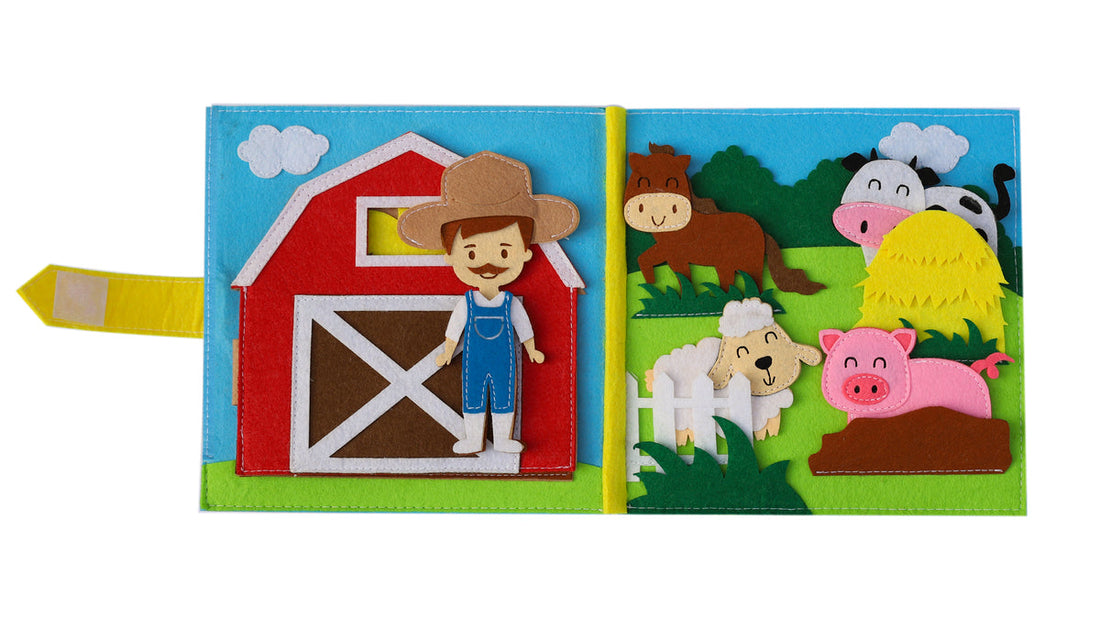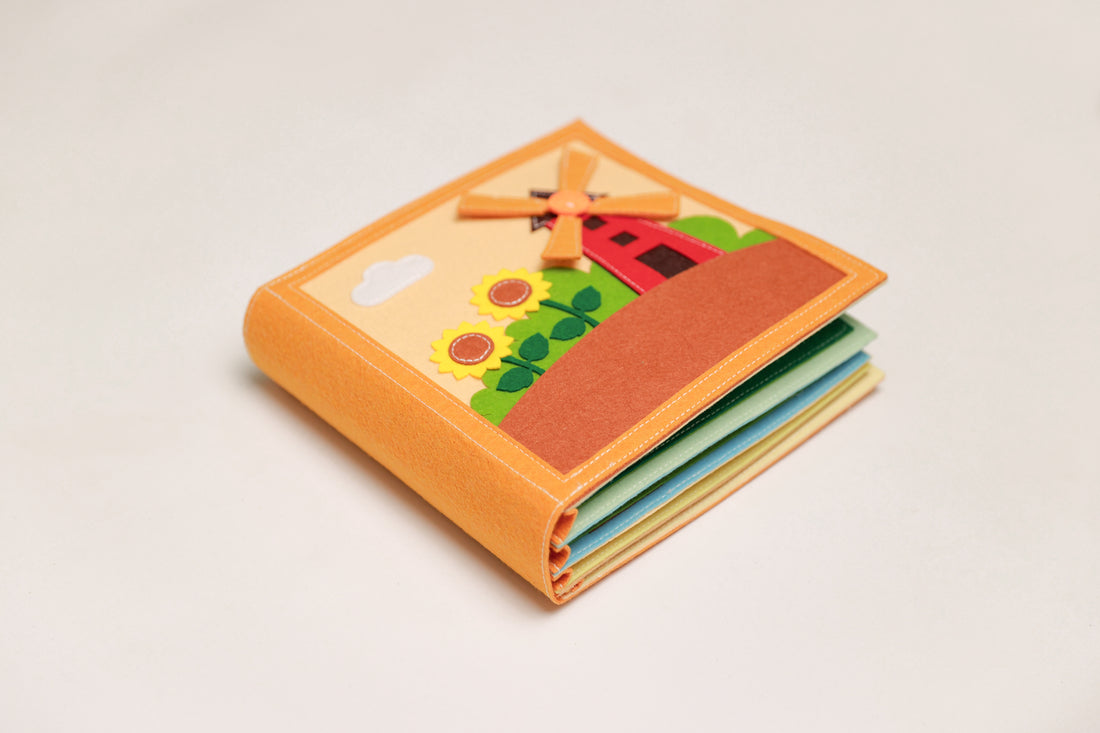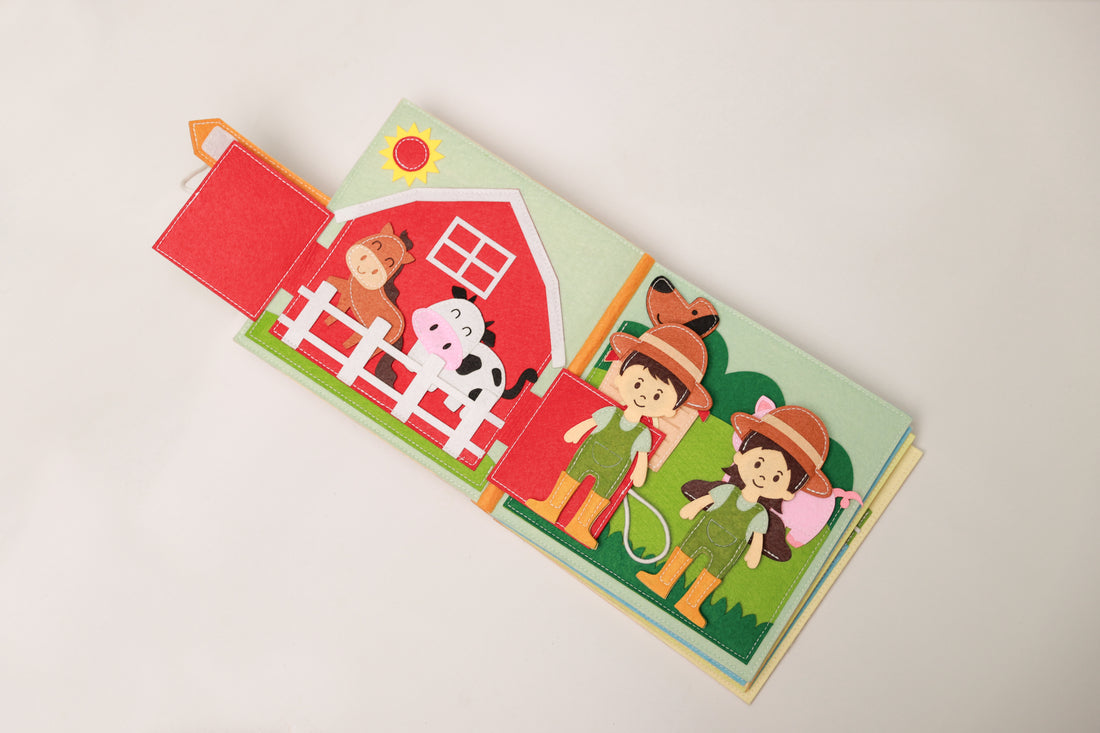When Do Babies Start Handing You Things? A Milestone to Celebrate
When it comes to understanding and celebrating the development of a child, some milestones are more evident than others. While learning to walk or saying a first word are celebrated widely, other small but significant accomplishments might go unnoticed. One such moment is when a baby starts handing you things. It may seem like a simple gesture, but it's actually a fascinating and important step in a child's development. Let's dive into what this milestone means and when it usually happens.
Understanding the Milestone
The act of a baby handing an object to someone is a complex combination of cognitive, motor, and social development. It's not just about gripping an object but understanding how to share, communicate, and interact with others. This milestone includes several aspects:
- Motor Skills Development: The ability to grasp an object and then release it requires fine motor control.
- Cognitive Growth: Recognizing that another person might want the object shows early signs of empathy and social understanding.
- Communication Skills: By handing you something, the baby is learning to communicate non-verbally and engage with others.
When Does It Happen?
Typically, this milestone occurs between the ages of 9 to 12 months. It can vary from child to child, depending on individual growth patterns and development.
- 9 Months: Some babies may start to hand you things as early as 9 months. At this stage, it's more about exploration and understanding cause and effect.
- 12 Months: By the time they reach 12 months, many babies will hand objects to others intentionally, understanding that it's a form of interaction.
Encouraging the Behavior
Parents and caregivers can play a crucial role in encouraging this behavior by engaging in interactive play and providing opportunities for the child to pick up and explore various objects. Here are some ways to nurture this development:
- Play Games: Games like "pass the ball" can be a fun way to teach sharing and taking turns.
- Use Encouragement: Praise and positive reinforcement when they hand you something can encourage repetition of the behavior.
- Provide Opportunities: Offer different textured toys and objects that are easy for little hands to grasp.
Why It Matters
This seemingly simple act is a window into a child's growing social and cognitive abilities. It indicates readiness for more complex interactions and shared play. It's a foundational step towards understanding sharing, cooperation, and empathy, which are critical skills as they grow older.
The moment when your baby hands you an object for the first time is more than just a cute interaction; it's a complex sign of development that deserves recognition and encouragement. Whether you're a new parent or an experienced caregiver, understanding this milestone and actively engaging with it can be a joyful and fulfilling experience for both you and your child. By celebrating these seemingly small accomplishments, we are acknowledging and nurturing the complex journey of growth that every child undertakes.
